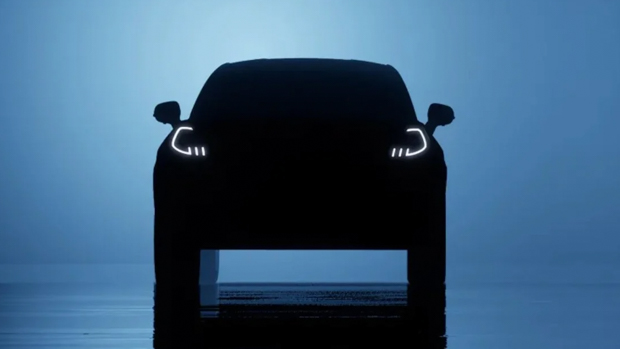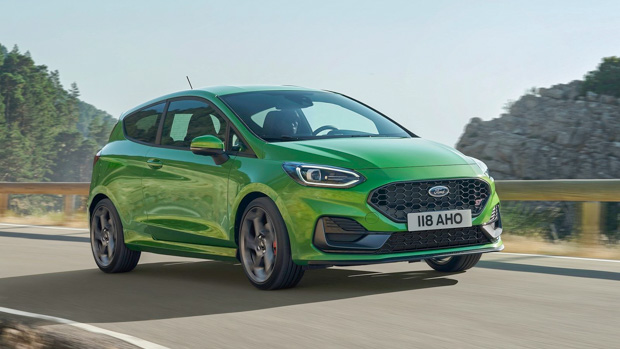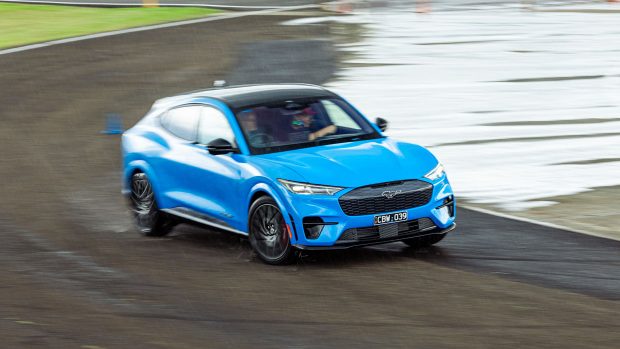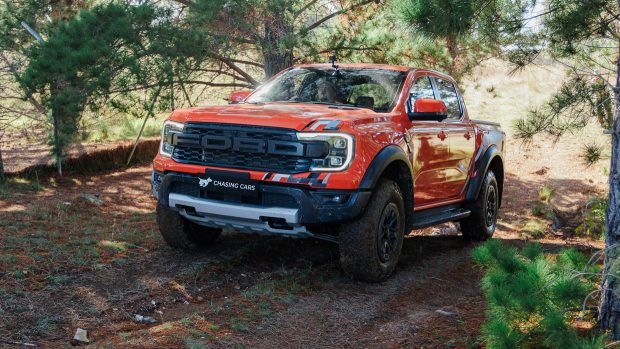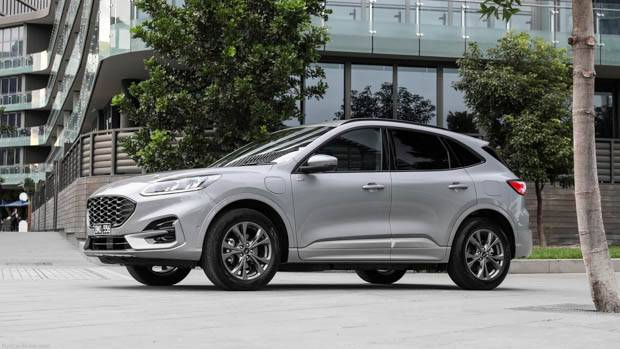-
Car Reviews
- Car News
-
Car Comparisons
Latest comparisons
- Chasing Deals
The Blue Oval brand will usher in a new line-up of vehicle’s including the new Mustang coupe along with EV SUVs and vans
Ford has announced the discontinuation of its petrol-powered Puma small SUV in Australia ahead of the local debut of the fully electric Puma Gen-E expected to follow late this year or early next.
Attributing the changes to “a sharpened focus on EVs, commercial and performance vehicles”, the brand confirmed that final arrivals of petrol variants of the SUV – which has just debuted a facelifted version in Europe – are expected in May, at which point it will bow out from Ford’s local lineup ahead of the electric variant’s introduction soon after.
Ford says that while the facelifted Puma will not be coming to Australia, there is enough stock of ICE-powered Pumas to ensure that all current orders are fulfilled. Exact timings for the Puma Gen-E launch will also be confirmed closer to launch.
The re-focussing of the Puma lineup – which originally launched in Australia in September 2020 – as an electric-only nameplate comes as Ford continues to expand its slate of EVs, which include the recently released Mustang Mach-E large SUV and E-Transit electric van, and soon to launch E-Transit Custom van.
While the petrol Puma will be discontinued in Australia, it will continue to be manufactured and sold overseas and its departure from Australian roads means that Ford will be without a petrol-offering in the popular small SUV segment.
Ford Australia President and CEO, Andrew Birkic saying: “we have not taken this decision lightly and thank the many loyal customers who have chosen Puma over the years.”
Indeed, the petrol Puma is the latest in a number of Ford models to bite the dust in Australia in recent years with the discontinuation of the Escape midsize SUV last year, as well as the Fiesta and Focus small hatchbacks before that.
Ford Australia President and CEO, Andrew Birkic said: “our focus is on vehicles and in segments where we can really meet the unique needs of Australian customers.”
“We see particular opportunities in commercial vehicles – from Transit to E-Transit, Transit Custom to E-Transit Custom, alongside Ranger.
“We will also continue to focus on our performance line-up – from Mustang and Mustang Dark Horse, to Mustang Mach-E and Ranger Raptor – alongside a renewed emphasis on vehicles that help customers do the things they love, like towing a boat or caravan in an F-150, off-roading with friends in an Everest, or road-tripping with a large family in a Tourneo.”
Last year the Puma shifted 2027 variants – less than the recently discontinued Ford Escape midsize SUV (2336) – and a far cry from rivals in the light SUV segment leading Mazda CX-3 (15,776), Kia Stonic (6983), and Toyota Yaris Cross (6514).
Indeed, the Puma’s delivery figures were dwarfed by Ford’s two highest selling models – Australia’s most popular car, the Ford Ranger ute (63,356), and Everest large SUV (15,071).
The discontinuation of the petrol-Puma will also mean that the cost of entry into the local Ford lineup will likely rise.
Currently the brand’s most affordable vehicle in Australia, the entry-level Puma kicks off at $30,840 before on-road costs and topping out at $36,390.
It’s fair to expect a significant premium on this for the electric variant, with Australia’s current cheapest electric car – the Chinese-made BYD Dolphin small hatchback – coming in at $38,890. Though by exactly how much, remains to be seen.
Last year, when the Escape SUV left the Australian market, Ford Australia was temporarily left without a midsize SUV option until the Mustang Mach-E arrived, however the switch from petrol/hybrid to fully electric saw the price of entry jump from $37,990 before on-road costs in 2023 to $72,990 in 2024
The Ford Ranger ute – which is priced from $36,880 for its lowest spec 4×2 cab-chassis XL variant – may end up becoming the cheapest vehicle on offer from the brand in Australia.
Ford’s most affordable SUV will now be the large Everest, which begins at $53,990 for its entry grade model, with the Mustang Mach-E electric SUV priced from $72,990 before on-road costs.
Latest news
About Chasing cars
Chasing Cars reviews are 100% independent.
Because we are powered by Budget Direct Insurance, we don’t receive advertising or sales revenue from car manufacturers.
We’re truly independent – giving you Australia’s best car reviews.
